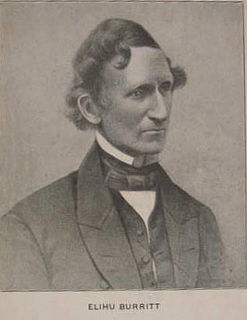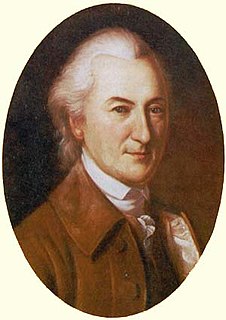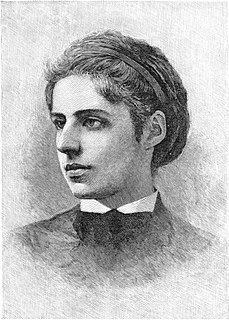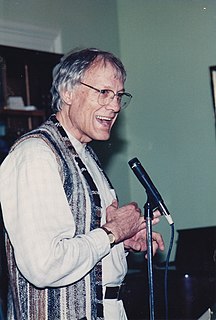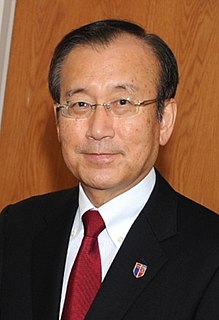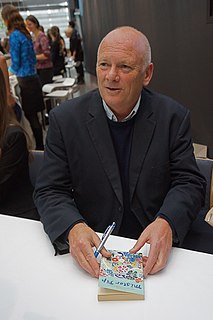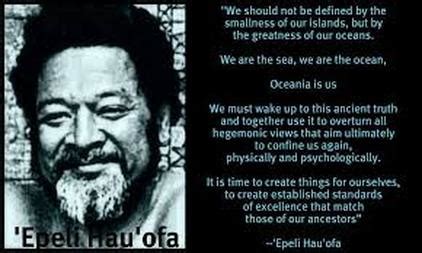A Quote by Elihu Burritt
Knowledge cannot be stolen from us. It cannot be bought or sold. We may be poor, and the sheriff may come and sell our furniture, or drive away our cow, or take our pet lamb, and leave us homeless and penniless; but he cannot lay the law's hand upon the jewelry of our minds.
Related Quotes
Let these truths be indelibly impressed on our minds — that we cannot be happy, without being FREE — that we cannot be free, without being secure in our property— that we cannot be secure in our property, if, without our consent, others may, as by right, take it away — that taxes imposed on us by parliament, do thus take it away.
The only things in which we can be said to have any property are our actions. Our thoughts may be bad, yet produce no poison; they may be good, yet produce no fruit. Our riches may be taken away by misfortune, our reputation by malice, our spirits by calamity, our health by disease, our friends by death. But our actions must follow us beyond the grave; with respect to them alone, we cannot say that we shall carry nothing with us when we die, neither that we shall go naked out of the world.
The gift our enemy may be able to bring us: to see aspects of ourselves that we cannot discover any other way than through our enemies. Our friends seldom tell us these things; they are our friends precisely because they are able to overlook or ignore this part of us. The enemy is thus not merely a hurdle to be leaped on the way to God. The enemy can be the way to God. We cannot come to terms with our shadow except through our enemies.
We cannot and must not allow ourselves to have the message of Hiroshima and Nagasaki fade completely from our minds, and we cannot allow our vision or ideals to fade, either. For if we do, we have but one course left for us. And that flash of light will not only rob us of our vision, but it will rob us of our lives, our progeny, and our very existence.
Government cannot make us equal; it can only recognize, respect, and protect us as equal before the law. That [affirmative action] programs may have been motivated, in part, by good intentions cannot provide refuge from the principle that under our Constitution, the government may not make distinctions on the basis of race.
Just as our fingerprints are one-of-a-kind, so is our identity. Each of us is a once-only articulation of what humans can be. We are rare, unmatched, mysterious. This is why the quality of openness is so crucial to our self-discovery. We cannot know ourselves by who we think we are, who others take us to be, or what our driver's license may say. We are fields of potential, some now actualized, most not yet.
An entertainment is something which distracts us or diverts us from the routine of daily life. It makes us for the time being forget our cares and worries; it interrupts our conscious thoughts and habits, rests our nerves and minds, though it may incidentally exhaust our bodies. Art, on the other hand, though it may divert us from the normal routine of our existence, causes us in some way or other to become conscious of that existence.
Electronic brains may help us to use our heads but will not excuse us from that duty, and as to our hearts-cardiograms cannot diagnose what may be most ill about them, or confirm what may be best. The faithful woman and the versatile brave man, the wakeful intelligence open to inspiration or grace-these are still exemplary for our kind, as they always were and always will be.
That the past is ahead, in front of us, is a conception of time that helps us retain our memories and to be aware of its presents. What is behind us [the future] cannot be seen and is liable to be forgotten readily. What is ahead of us [the past] cannot be forgotten so readily or ignored, for it is in front of our minds' eyes, always reminding us of its presence. The past is alive in us, so in more than a metaphorical sense the dead are alive - we are our history.
Our mythology tells us so much about fathers and sons. ... What do we know about mothers and daughters? ... Our power is so oblique, so hidden, so ethereal a matter, that we rarely struggle with our daughters over actual kingdoms or corporate shares. On the other hand, our attractiveness dries as theirs blooms, our journey shortens just as theirs begins. We too must be afraid and awed and amazed that we cannot live forever and that our replacements are eager for their turn, indifferent to our wishes, ready to leave us behind.
